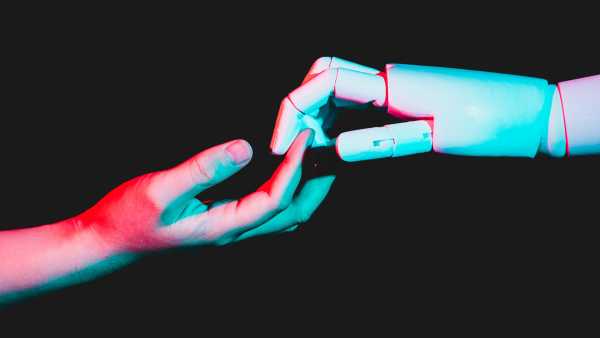
(Image credit: Kilito Chan via Getty Images)
Would you consider using a robot surrogate to support your pregnancy from conception to delivery? A Live Science survey asked readers about their willingness to use so-called “robot gestation systems,” in response to online misinformation about supposedly emerging technologies in China.
The alleged head of the developer company, according to unconfirmed reports, claimed that the project was in its final stages, and a prototype could be presented by 2026. Although the information turned out to be fake, it initiated a discussion about the technical feasibility and ethics of such solutions.
Around 180 participants responded to the survey, which was published on August 23. As of August 29, the data shows that 30% of respondents would agree to use a robot if the child's health was guaranteed and there were no risks, while 29% categorically rejected the idea, calling it unethical.
You might be interested
-

“Why bother going?”: Audience opinions on a hypothetical 400-year mission to Alpha Centauri
-
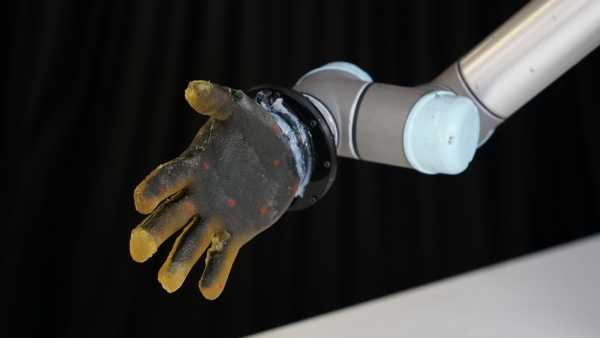
Researchers tested new robotic skin with tactile perception by subjecting it to heat and mechanical damage
-

Would you agree to a 400-year space flight to the Alpha Centauri system?
11% of respondents unhesitatingly supported the idea of a robotic surrogate, while 8% expressed concerns about the safety of the technology for the embryo.
“I would never trust a robot with my child's development. I doubt that a machine can provide everything necessary for the formation of a personality,” Renee commented. “There is something sacred about the natural bond between mother and fetus – perhaps a neurobiological interaction – that cannot be reproduced artificially.”
RELATED MATERIALS
—The world's first child conceived using a remote-controlled IVF system.
— “We have knowledge, but we don’t apply it.” Why pregnancy in the US is more dangerous than in other developed countries.
— Unique video of embryo implantation in real time.
Some comments highlighted the ethical dilemmas. “This is anti-human science fiction that accelerates the degradation of society,” wrote user Thatguy, describing the technology as “morally unacceptable.”
In contrast, Shan Morgain noted the potential for reduced risks: “Absolutely YES. Pregnancy comes with health risks, and the ability to avoid them is invaluable. Natural birth control advocates could keep their choice. I was inspired by this concept from Lois McMaster Bujold's Vorkosigan Saga series, where a mobile incubator allows parents to be close by.”

Elise PourSocial MediaEditorial Column
Elise holds a degree in marine biology from the University of Portsmouth (UK). She specializes in science journalism, focusing on marine ecosystems. She collaborates with Live Science as part of the Future Academy, a program to train the next generation of science correspondents.
Please confirm your display name before posting a comment.
Please sign in to your account again to set your display name.
Logout Other materials

“Why Would You Even Go There?”: Readers React to Hypothetical 400-Year Journey to Alpha Centauri
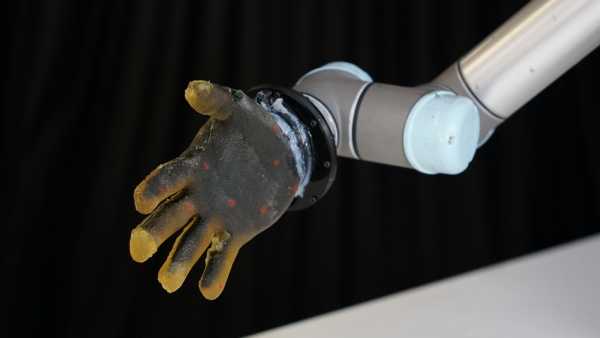
Scientists have burned, pierced and sliced new robotic skin that can 'feel everything'

Would you board a spaceship that would take 400 years to reach Alpha Centauri?
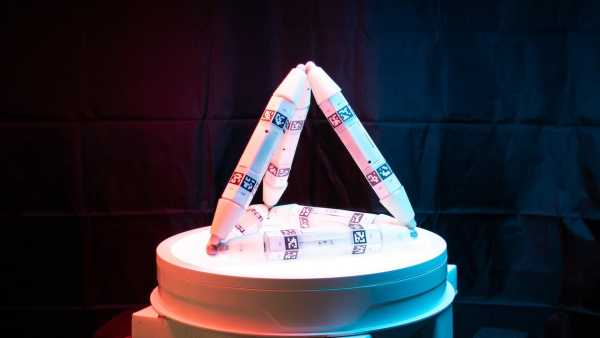
Watch as this robot “cannibal” gets bigger and stronger by eating smaller robots.
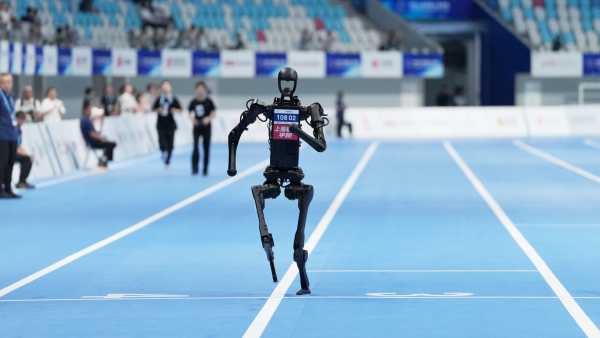
Robots awkwardly compete, fight and tumble at China's first World Humanoid Robot Games
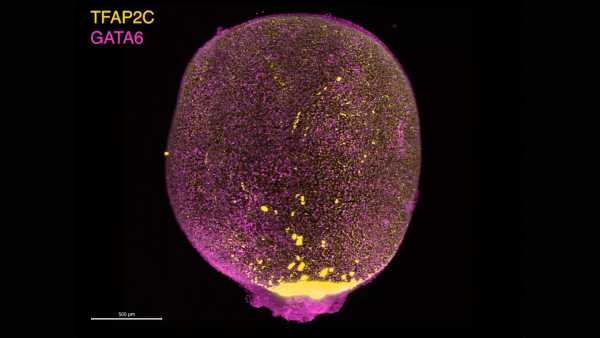
Scientists Grow Mini Amniotic Sacs in Lab Using Stem Cells Latest News in Fertility, Pregnancy, and Childbirth
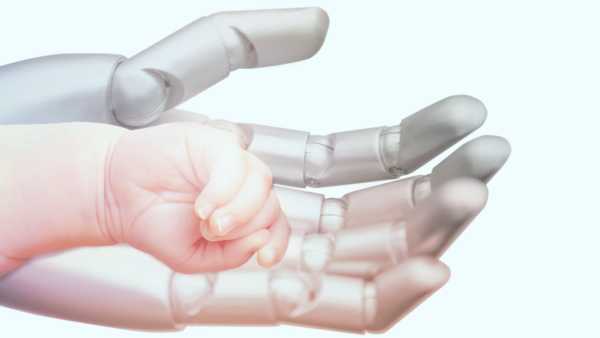
If 'pregnancy robots' were a reality, would you use them?
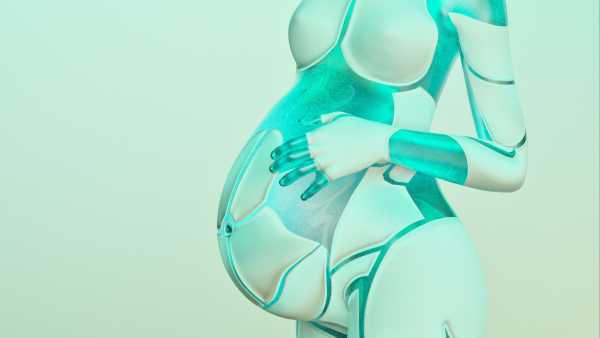
There's No $14,000 Pregnancy Robot From China. But Is Such Technology Possible?
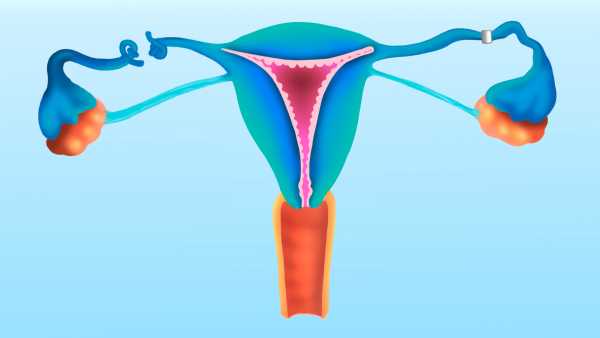
How does the tubal ligation procedure work?

“We know what to do; we just need to implement it.” Pregnancy in the U.S. is more dangerous than in other rich countries. But we can fix it.

An FDA panel has questioned the safety of antidepressants during pregnancy. Here's what the science really says.
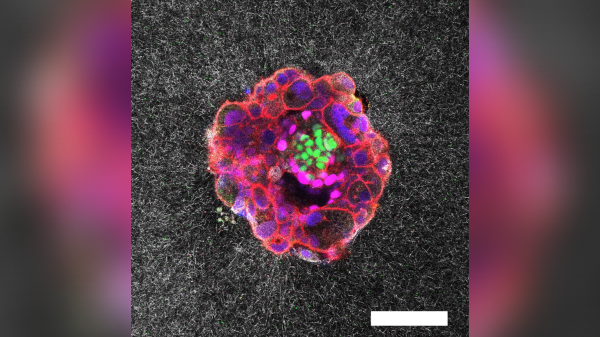
Incredible, first-of-its-kind video showing human embryo implantation in real time. Latest News
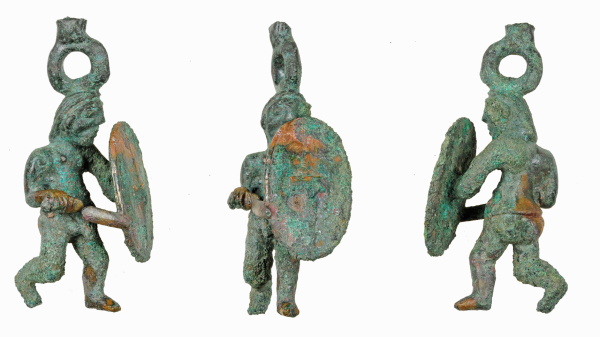
2,200-year-old 'intricate and graceful' Celtic warrior amulet reveals sophisticated metalworking in Iron Age
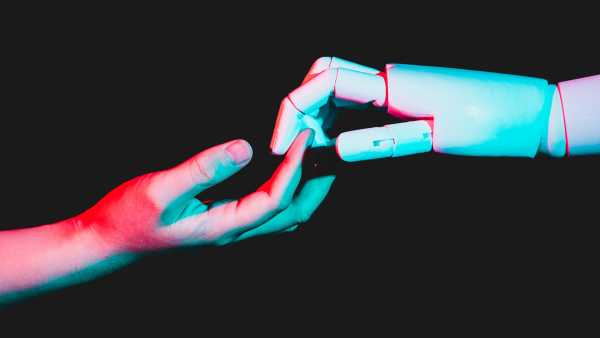
'I Would Never Let a Robot Carry My Baby': Live Science 'Pregnancy Robots' Poll Divides Readers
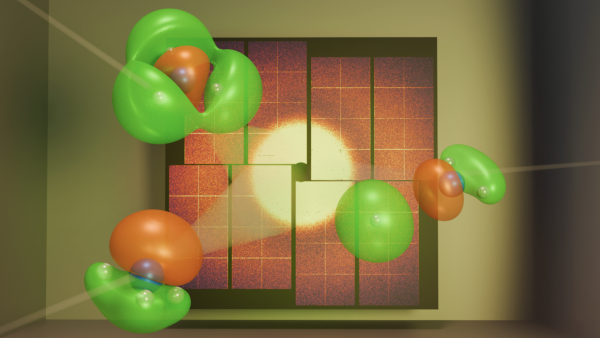
Scientists have observed the movement of a single electron during a chemical reaction for the first time

'A truly unprecedented discovery': 3,000-year-old multi-coloured fresco depicting fish, stars and gods discovered in Peru

The Butterfly Nebula Spreads Its Wings in Stunning New James Webb Telescope Image

'Now is the time': Category 6 could be introduced under new storm intensity scale LATEST POSTS
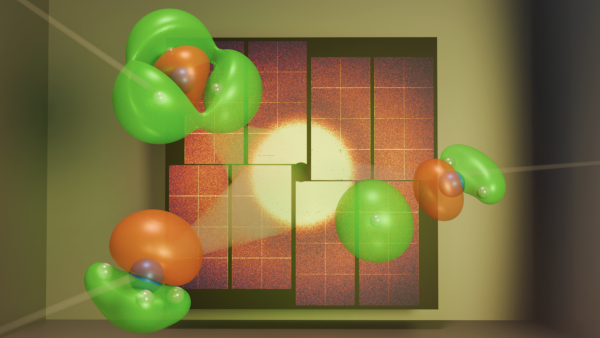
1Scientists observe the movement of a single electron during a chemical reaction for the first time
Live Science magazine is part of Future US Inc., an international media group and leading digital publisher. Visit our corporate website.
- About Us
- Contact Future experts
- Terms and Conditions
- Privacy Policy
- Cookie Policy
- Accessibility Statement
- Advertise with us
- Web Notifications
- Career
- Editorial Standards
- How to present history to us
© Future US, Inc. Full 7th Floor, 130 West 42nd Street, New York, NY 10036.
var dfp_config = { “site_platform”: “vanilla”, “keywords”: “type-news-daily,van-disable-inbody-ads,serversidehawk,videoarticle,van-enable-adviser-
Sourse: www.livescience.com





